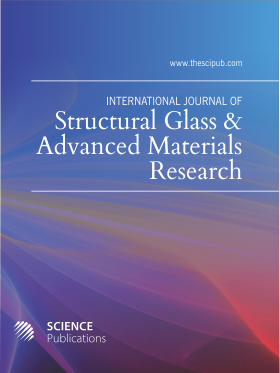Inputs of Numerical Simulation into the Development of Shock Adhesion Tests on Advanced Materials
- 1 ENSTA BRETAGNE, France
Abstract
Advanced materials- such as assemblies, composites and materials obtained by additive methods - have met a great success in the industry of advanced technologies. They allow combining a variety of different materials and following sophisticated geometries. However, their mechanical behavior, bulk as well as in assembly, remains to be better understood to assess their reliability. For this reason, laser induced shock tests have encountered an increasing interest for this last decade. They started with the determination of the spallation damage threshold and have been extended to the bond strength evaluation of adhesively bonded assembly, thick coatings and many configurations for a variety of applications. By the use of this laser induced shock wave process, experiments were carried out and results were explained by analytical studies and 1D hydrodynamic simulation first. But rapidly, 2D and 3D simulations were necessary to explain phenomenon occurring during wave propagation in complex situations, like fracture, attenuation. This work shows some examples treated during the development of the LASer Adhesion Test (LASAT) that relies on laser induced shock wave propagation. During these developments, inverse approach by finite element analysis with explicit method allows understanding the recorded experimental signals showing fracture and adhesion evaluation in tested sample. The numerical code RADIOSS® is used to evaluate stresses and energy dissipation at the interface, as well as for understanding edge effects and attenuation. This article proposes an overview of the work performed with finite element methods in explicit scheme correlated to laser induced shock wave experiments.
DOI: https://doi.org/10.3844/sgamrsp.2020.1.9

- 3,402 Views
- 1,298 Downloads
- 3 Citations
Download
Keywords
- Additive Methods
- Coating
- Adhesion
- LASAT
- FEM
